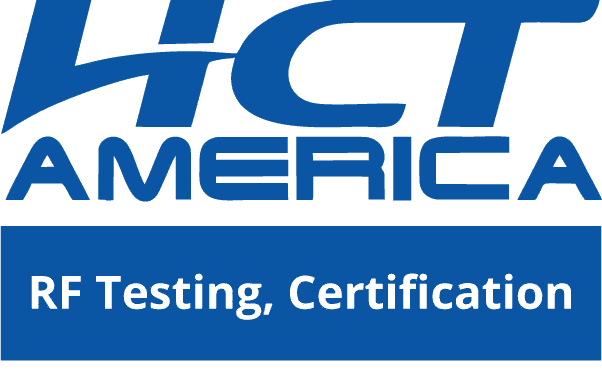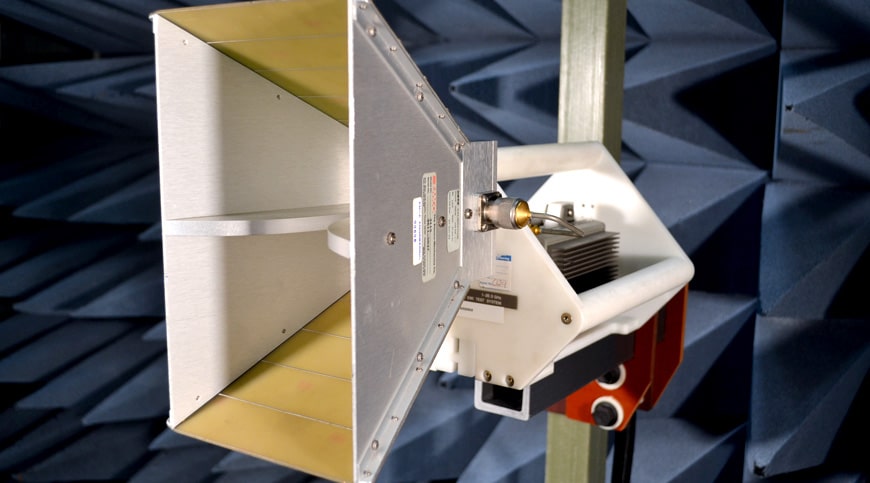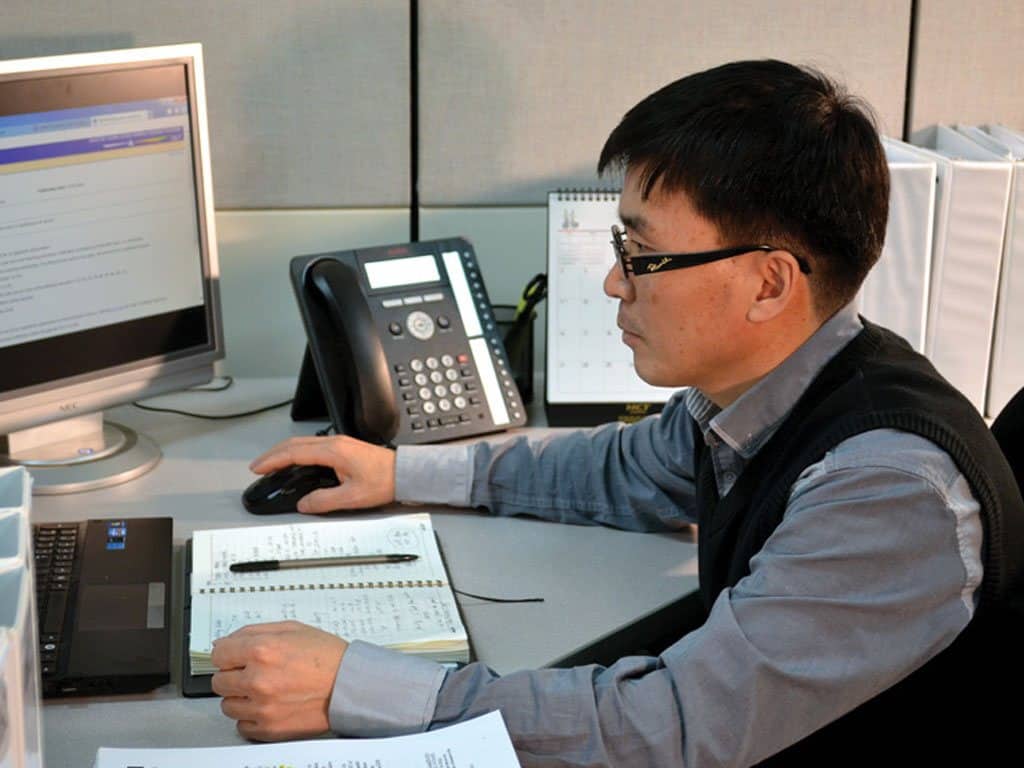Get FCC Certification from an Accredited Laboratory
We support you to get an FCC mark onto your radio equipment and electronic products. We test your device, prepare documentation, and manage the administrative part of the FCC certification process. Our certification services are for you if you plan to sell or manufacture electrical equipment in the United States.
Whether you need a simple verification (Part 15 digital devices), a Declaration of Conformity (Part 18 devices), or a full-fledged FCC or Industry Canada Certification, we are the agency with the equipment and personnel to assist you.
The Federal Communications Commission (FCC) Has Accredited Us to Test:
FCC
//
The Federal Communications Commission (FCC) is a U.S. government agency that regulates interstate and international communications, be it by radio, satellite, television, or other means.
As a result, all equipment or devices that are able to establish radio frequency communications must be certified of complying with FCC regulations. For that purpose, Telecommunications Certification Body (TCB), such as HCT America have been appointed as entities qualified to issue the declaration of conformity certificate.
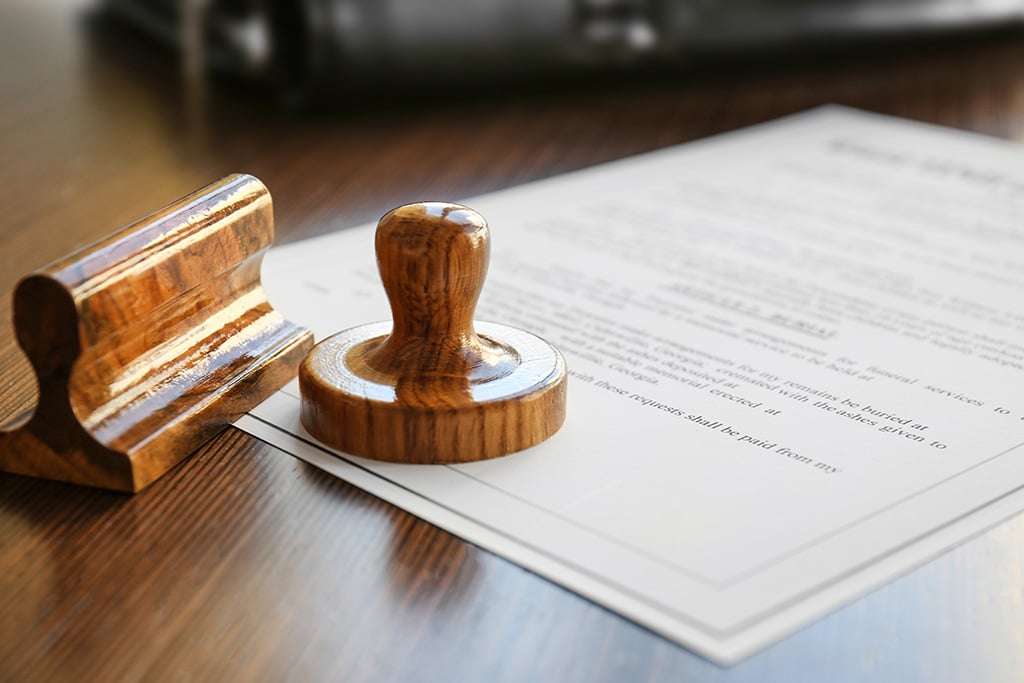
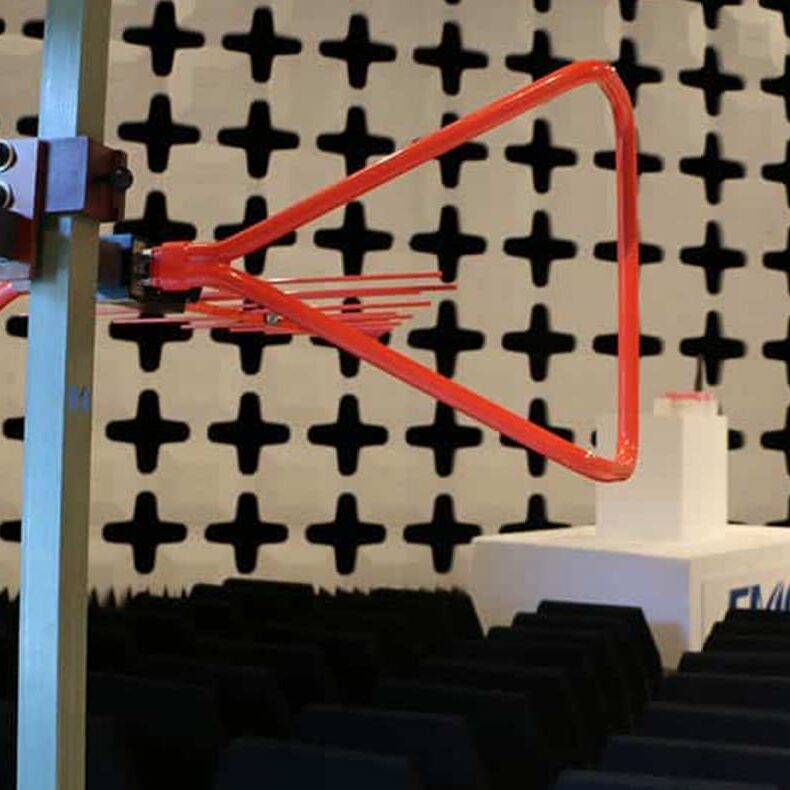
Why us?
//
HCT America Engineering has the extensive testing experience and a thorough knowledge of all appropriate standards and procedures for testing and evaluating radio frequency devices, including unlicensed and licensed radio equipment subject to FCC CFR 47, Parts 15 - 101, ANSI C63.4, 63.10 (Wireless Devices), Korea RRA, EU ETSI Standards, etc.
We stay current with the latest FCC interpretations and FCC rule changes, to help clients understand compliance and testing requirements.
Work With Professionals to Obtain Your FCC Certification for Wireless Devices.
Standard and Description
The following is a list of FCC standards that HCT America can certify compliance for.
| FCC Part 15.247 | Bluetooth module, Direct Sequence and Frequency Hopping Spread Spectrum devices (DSSS and FHSS) |
| FCC Part 15.250 | Radar |
| FCC Part 15.245 | Field Disturbance Sensors |
| FCC Part 22, Part 24 Part 15.247, Part 90 |
Amplifiers: booster, repeater, and extender |
| FCC Part 22, Part 24 Part 27 |
PCS and cellular phones from single band/single mode to dual band/tri-mode with AMPS, CDMA, TDMA, and GSM modulation |
| FCC Part 22, Part 24 Part 90 |
2-way VHF/UHF/SMR Push-To-Talk (PTT) radios including two-level FM modulation and four-level FM per Project 25 (C4FM); Trunked mode and QAM digital modulation |
| FCC Part 15.121 | Scanning receiver |
| FCC Part 15.231 | Remote Control and Security Systems, etc. |
| FCC Part 15.255 | 60 GHz point-to-point telecommunication radio links |
| FCC Subpart E | Unlicensed National Information Infrastructure Devices |
| FCC Subpart F | Ultra-Wideband Operation |
The Need for FCC Testing
//
In a world populated with more electronic devices than humans—smartphones alone numbered 2.1 billion in 2016—it becomes essential to ensure that the electromagnetic (EM) radiation coming out of one device does not interfere the functioning of another.
Excessive EM radiation and a non-standard radio frequency is a serious problem, affecting the quality and safety of any device that runs on electricity. It can emanate from man-made devices, or be produced through natural phenomena, such as geomagnetic storms.
A geomagnetic storm releases powerful electromagnetic radiation and can put out entire power grids out of work. Although humans cannot control solar flares, standards have been set to limit the radiation coming out of electronic devices.
In the U.S., the FCC was established way back in the 1930s by the Communications Act of 1934. It regulates interstate and international communications by radio, television, wire, satellite, and cable. A part of the commission’s job is to standardize how much radiation electronic equipment can produce before issuing radio certification.
Your product will be pulled out of the U.S. market faster than the blink of an eye, and you can be slapped with a fine, if it does not comply with the applicable FCC rules.
FCC testing is a way to find out if your device is FCC standards compliant. If it is, you will have the right to put an FCC Logo—the U.S. equivalent of the CE mark—onto your devices.
Three Ways to Get an FCC Logo
//
All devices operating at a clock rate of more than 9 KHz are required to undergo FCC compliance testing before being allowed to have an FCC Logo. The testing can take up to 30 days.
However, not every manufacturer or seller have to wait a whole month. The FCC has streamlined its approval process in recent years, and it’s possible to get a go-ahead from an accredited lab in less than a week. The key is to find out which of the three options for authorization is an application in your situation:
This is the shortest procedure to market access in North America. It is used for digital devices that are mentioned in Part 15 and do not contain a radio. All that needs to be checked is how much radio frequency energy is coming out of the device. Manufacturers can check it in-house or work with an FCC accredited laboratory, like HCT America.
A little more time-consuming and strict than Verification, a Declaration of Conformity is required for devices listed in Part 18. Only an accredited laboratory, like HCT America, can measure your device’s compliance to FCC standards. You can’t do it in-house. You can feature an FCC Logo onto your product if an accredited agency finds your device to be compliant.
This is the most stringent form of FCC authorization, and it is mandatory for equipment that’s most likely to interfere with other electronic devices. Only a Telecommunications Certification Body (TCB), like HCT America, can issue FCC Certification. If your product is compliant, you will have the right to feature an FCC ID on it.
Feel free to ask us, if you cannot figure out yourself which path to FCC Certification will be the most suitable for you.
Reasons to Get Your Certification from HCT America
We can not only suggest the fastest approval process but assist you throughout the certification process.
- FCC Accredited Laboratory. We are an FCC accredited laboratory. That means, our test reports will be accepted across the 50 states, District of Columbia, and other U.S. jurisdictions.
- Expedited Process. Getting approval from the FCC can take up to 30 days. We can expedite the process greatly.
Contact to Get Your Certification
//
Write to us at kent@hctamerica.com or call us at 510-933-8848 to get started with the FCC certification approval process.

Frequently Asked Questions
Automotive EMC testing checks the electromagnetic compatibility for the vehicle as well as all the components. It is crucial to monitor every aspect of the vehicle and determine whether any are generating electromagnetic interference (EMI). The typical car dashboard is now filled with active components that must operate without causing disruption.
Choosing the right EMC testing lab can save you a lot of hassle down the line. It can help you get your products to market quicker and ensures that all relevant compliance standards have been met. Remember, the key points to take away when choosing an EMC test lab are:
You should opt for an accredited service provider that can provide you with the relevant technical documentation and certifications
They should offer the right level of technical expertise and experience
They need to provide the right kinds of test and services pertinent to your product(s)
They should have the required equipment and facilities available – so check what these are
You want a lab that is conveniently located and offers a turnaround time that fits with your timetable
Comply with EMC directive standards
EMC Testing is a long-term investment. It is mandatory for certain products, and successful results allow manufacturers and importers to sell their product in multiple markets. The testing also allows manufacturers to improve the quality of their equipment and succeed in a competitive market.
Having a good idea of RF test labs standards is also imperative. If you want to ensure your product is ready to go to markets around the world, a high standard of testing must be carried out to ensure that it is truly safe and compliant. If an RF lab has a good reputation, it’s a good sign. It could be an idea to look at third-party review sites, as well as customer testimonials.
Testing, certification, and regulatory compliance is mandatory for entry into international markets. For instance, once your product is tested by an accredited testing laboratory, and an official FCC Grant of Certification is issued by a listed Telecommunications Certification Body such as HCT America LLC, your product is legal to sell in the USA.
